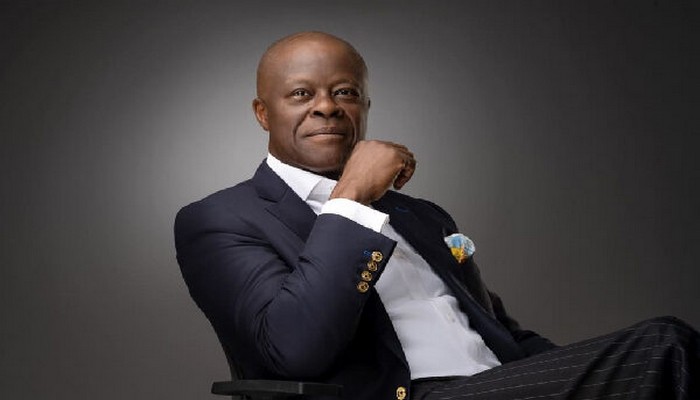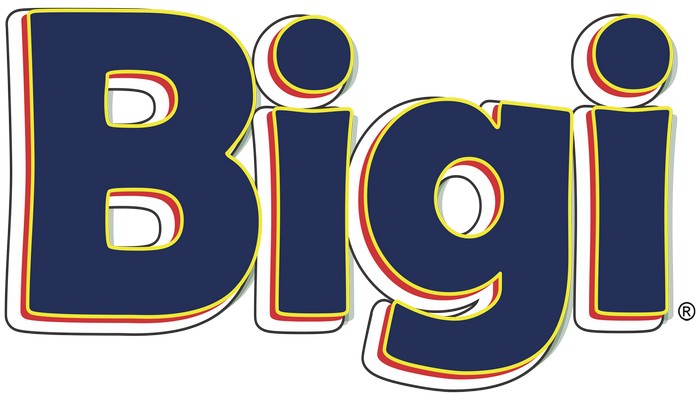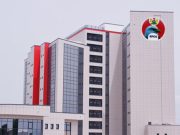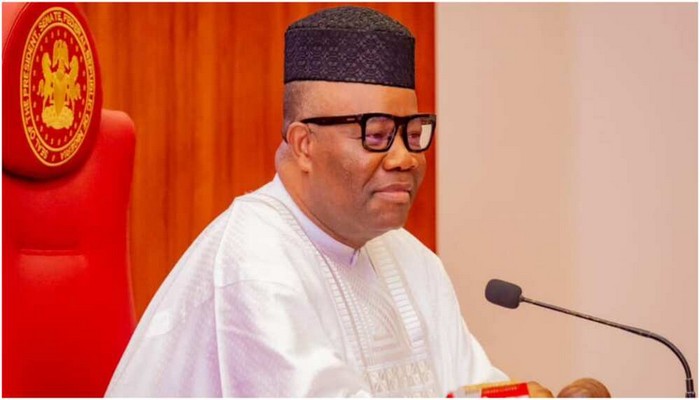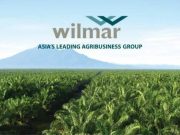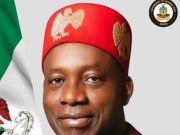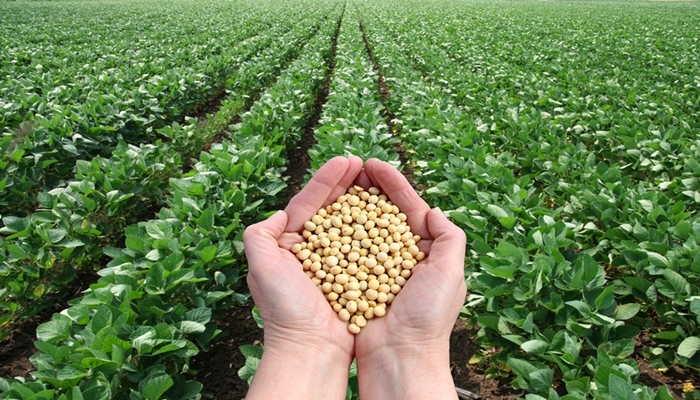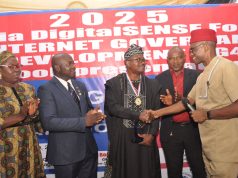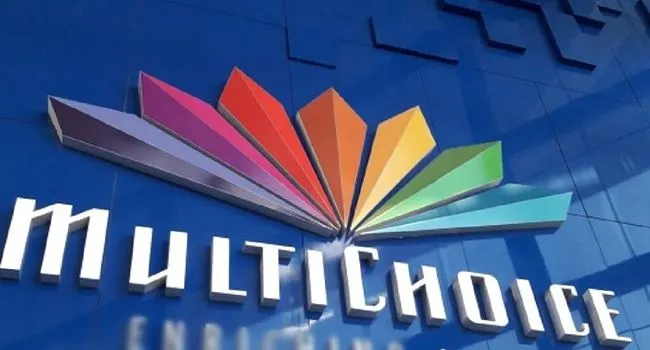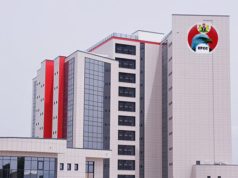Heifer, NiDCOM collaborate to attract Diaspora investments into Nigeria’s Agribusiness
Heifer Nigeria, a global nonprofit institution working towards eradicating poverty and hunger is collaborating with the Nigeria in Diaspora Commission (NiDCOM) to link diaspora investments to Nigerian agribusinesses in order to stimulate economic growth.
Featuring its initiatives at the fourth edition of the Nigerians Diaspora Summit held at Presidential Villa in Abuja, Country Director, Heifer Nigeria, Mr. Rufus Idris, said that the organization is implementing strategies to attract diaspora investments and innovations into Nigeria’s agricultural sector.
Nigeria accounts for over a third of migrant remittance flows to Sub-Saharan Africa. These flows amounted to US$23.63 billion (2017: US$22 billion) in 2018, and represented 6.1% of Nigeria’s GDP. The 2018 migrant remittances translate to 83% of the Federal Government budget in 2018 and 11 times the FDI flows in the same period. Over a 15-year period, it is expected that total remittance flows to Nigeria will grow by almost double in size from US$18.37 billion in 2009 to US$34.89 billion in 2023.
Mr. Rufus Idris said that his organization was working to bridge the investment gap in the agricultural sector with funds from Diaspora Nigerians.
He said, “For us we know that there’s a huge deficit in terms of investment in the agricultural sector. So, what we are doing is that, we are investing heavily in different aspects of the agricultural sector in the country.
“We also believe that remittances from Diaspora Nigerians are also very huge. For instance, President Muhammadu Buhari once said that there’s about $25 billion remittances from Nigerians in Diaspora, that’s about 80 percent of Nigeria’s annual budget and about 6 percent of our GDP.
“That’s a huge amount of money. So, what we are doing here is try to see how do we collaborate with other organizations that can help us channel Diaspora investment into the agricultural sector to address areas where we have problems and such investments can help unlock those areas.”
On the specific areas of agriculture in which Heifer wants to partner Diaspora investors, the Country Director said that his team was looking at different sub-sectors in the value-chain where Nigeria had comparative advantage.
His words, “For us, we are looking at sectors in the value chain where we can address the issue of food self-sufficiency”.
“For instance in the rice value chain, the tomato value chain, poultry value chain and key other areas as well, we want to see how we can help improve and increase production, productivity and competitiveness and also bring in technology to help scale the impact and contribution within that sector.” We are piloting a collaboration with Hello Tractor that’s deploying the ‘Pay as you Go’ tractor model.
“It’s a way you get more tractor service providers to own tractors closer to farmers, so that they can make tractors available to smallholder farmers. “Not just tractor itself, other components that come with the tractor like harrower, harvester, planters and any other component that are in short supply in the country as well.”
On small ruminants, the Country Director said that Heifer has done livestock transformational programs across many countries.
He added that the organization was very interested in the livestock space in Nigeria, which he said was full of opportunities.


